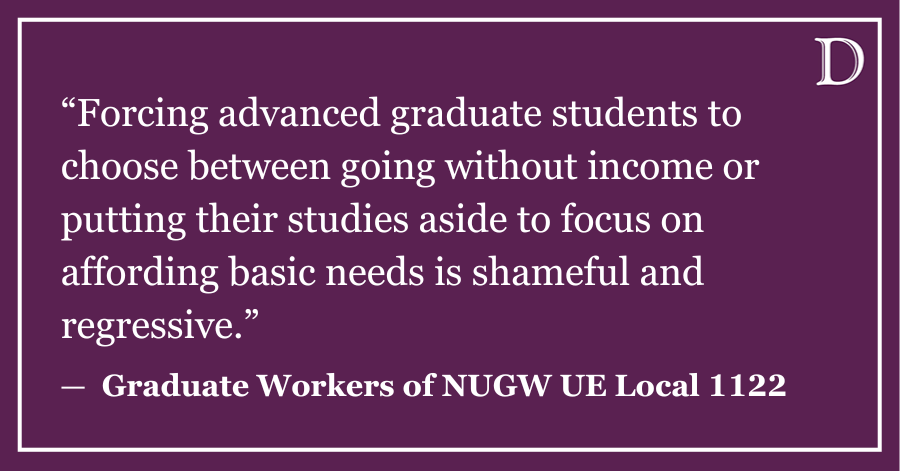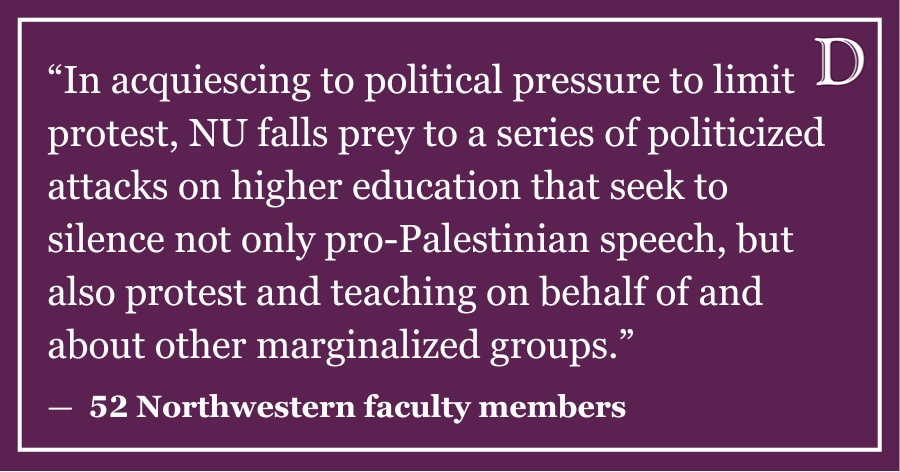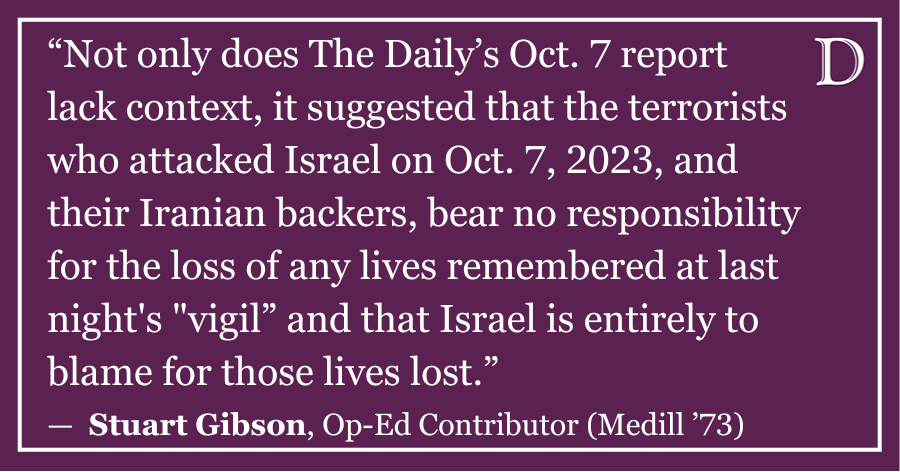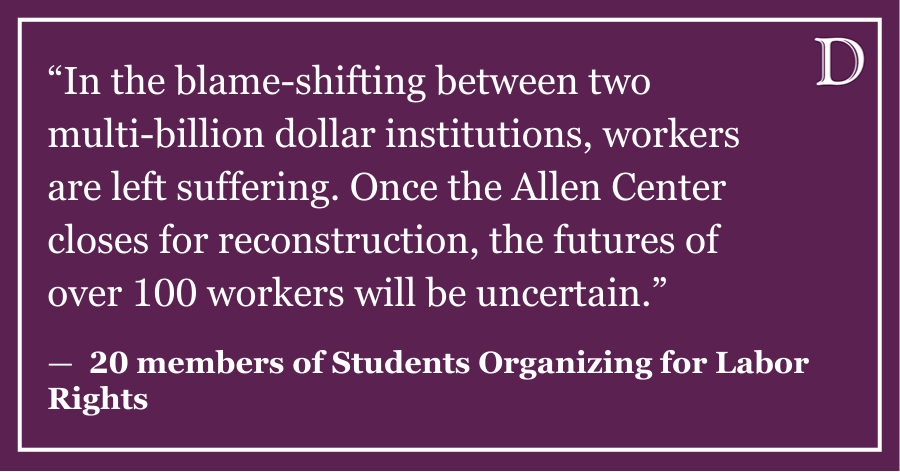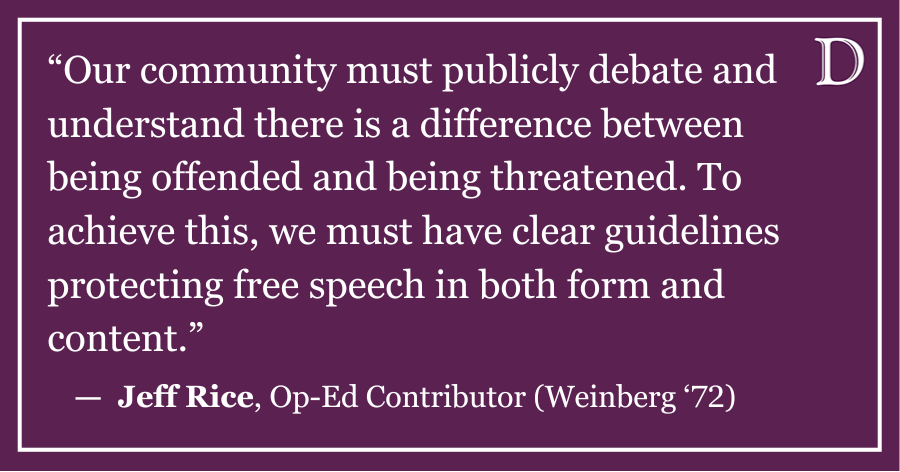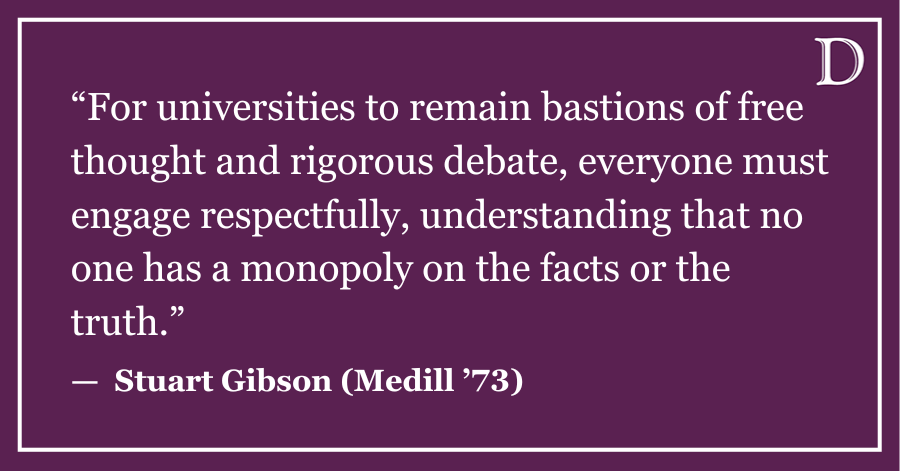Growing up, I always used to look forward to Halloween. As an avid sports fan, I’d decide on my costume a month in advance, which usually involved painting a T-shirt to match the jersey of my favorite player. I’d map out my trick-or-treating route and see if I could find one of those strange neighborhoods that trick-or-treated the night before Halloween so I’d get to go twice. I knew exactly which houses gave out the best candy, which ones had terrifying decorations, and where the dentist who gave out toothbrushes lived.
My time at Northwestern, however, has taken away much of my enthusiasm for the holiday. While Halloween parties can still be plenty of fun, acts of racism and cultural misappropriation seem to dominate the night, and it is nearly impossible to go to a party without seeing someone wearing something offensive. From the blackface incident my freshman year to last year’s Beer Olympics, I have witnessed a disheartening ignorance in our community that makes me unable to look forward to Halloween. Now I fear it.
Out of this fear, I ask members of my community to take the time to understand that cultural misappropriation is racism and to stop racist acts before they occur. Cultural misappropriation is when people adopt elements of other people’s culture in a negative, distorted, and hurtful manner. It is when people get drunk wearing hijabs, sombreros and headdresses, telling each other that this how we at Northwestern view Muslims, Mexicans and Native Americans, and maybe this is how you should view them, too. It conveys a simplistic image of what it means to be of a different religion, race, or nationality, covering up histories and traditions with costumes and caricatures.
While it may seem as though costumes are a silly thing about which to get upset, consider the message a costume can send, and try to imagine how you would feel if your culture and traditions were mocked. Put yourself in someone else’s shoes. And act. If you are going to dress up on Halloween, pick a costume that does not hurt people and mock their cultures, and tell your friends to dress respectfully as well. If you are throwing a Halloween party, set costume ground rules beforehand. If you see someone wearing a racist costume, tell them how what they are doing is offensive. There is no reason to sit and wait for the next racist incident to occur. Instead, we should educate ourselves, our friends, and our community to stamp out racism and cultural misappropriation before it occurs. On this Halloween, I ask everyone to dress respectfully, educate yourself, and have a great time. Happy Halloween.
Adam Mendel
Co-President
NU Native American and Indigenous Student Alliance
